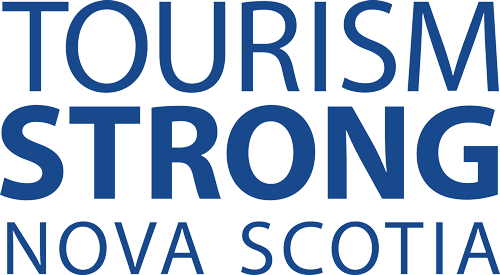Premier Iain Rankin and Dr. Robert Strang, Nova Scotia’s chief medical officer of health, announced today, April 27, new restrictions across the province to stop the spread of COVID-19.
“This is not the time for half measures,” said Premier Rankin. “We need strong, quick action to drive this virus out of our province. If we took an incremental approach, we’d likely end up in the same place. We need to regain control over this virus.”
The new restrictions include closing most retail businesses, reducing gatherings to household bubbles and closing public and private schools across the province.
“We are in a race between the variant and the vaccine,” said Dr. Strang. “There is substantive risk of community spread across the province. We need to slow that spread until we are closer to population immunity through our vaccination program.”
The following restrictions are effective 8 a.m. Wednesday, April 28, and will remain in effect until at least May 12:
Gatherings, schools and daycare
- Nova Scotians can only gather indoors or outdoors with their household bubble, which is the people they live with
- households of two or less people can socialize with one or two others but they must be the same people for this two-week period
- no unnecessary travel between communities; a community is defined as the municipality where you live – people should stay as close to home as possible when accessing essential or necessary services or products
- all public and private schools are closed
- day cares will remain open, with the focus on providing service to those providing essential services or have no other child-care option; essential workers who need help to access childcare supports can contact ECDSERVICES@Novascotia.ca or call 1-877-223-9555
Masking
- mandatory masking for staff, visitors and children over two years old in indoor child-care settings
- mandatory masking outdoors where physical distancing cannot be maintained, including playgrounds and parks
- in private indoor workplaces such as offices or warehouses, masks are mandatory in all common areas, places where there is interaction with the public, areas with poor ventilation, and areas where distance cannot be maintained

